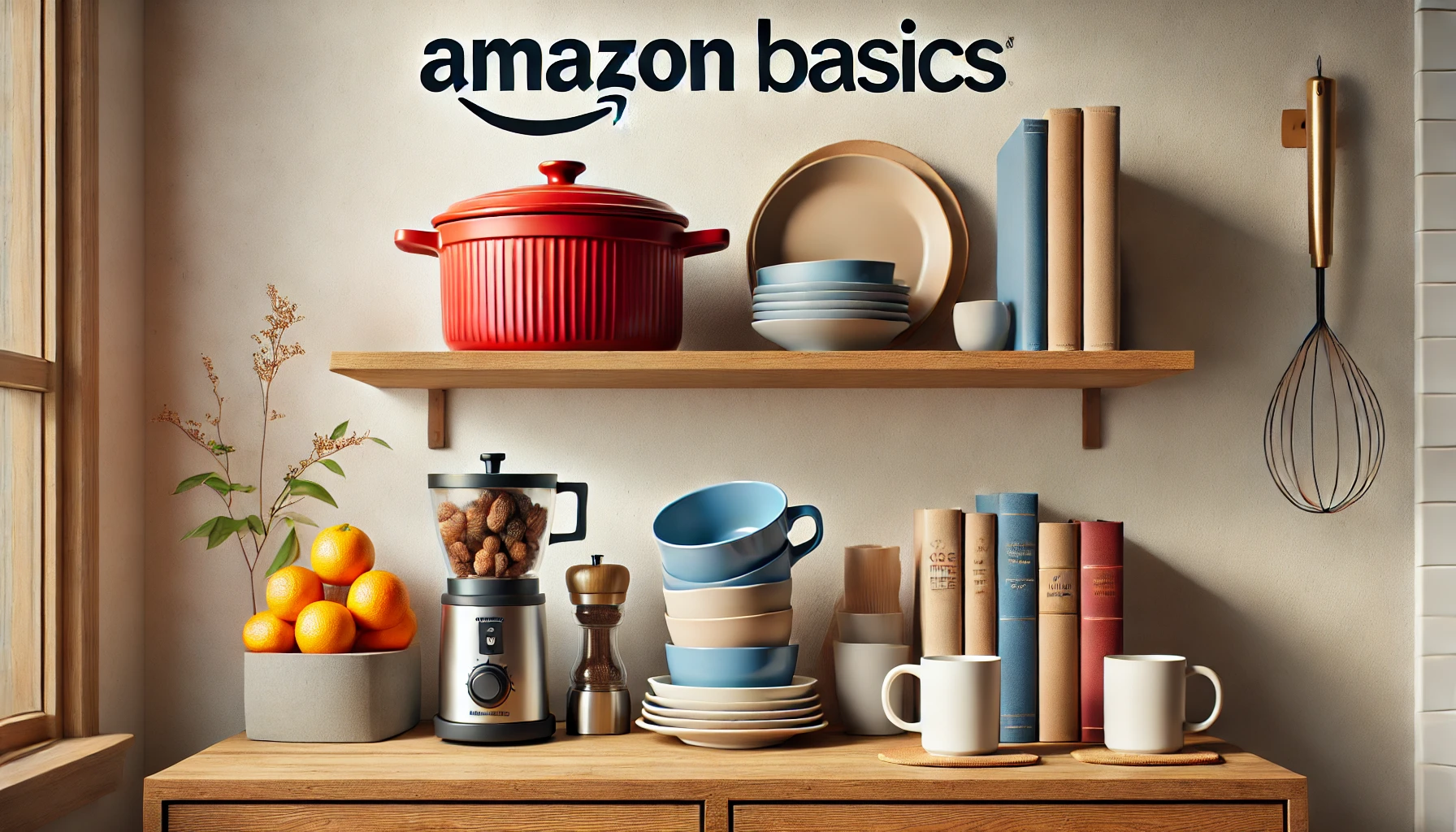
Navigating Safety and Compliance Challenges on Amazon
The U.S. Consumer Product Safety Commission (CPSC) recently issued a final order to Amazon, mandating stringent remediation plans for hazardous products found on the platform….
Blogs | July 18, 2019
News surfaced that Amazon will face a European Union antitrust investigation regarding its handling of third-party sellers’ information and whether or not the online marketplace is utilizing that information for its own business gains. Similarly, Amazon, Apple, Facebook, and Google had to face a U.S. antitrust panel earlier this week in which Amazon was accused of the same behaviors.
In addition to alleging that Amazon is using sellers’ information to compete directly against them, Amazon is being charged with using certain data to decide which seller wins the Buy Box and whether or not Amazon gets an unfair advantage to be the default seller consistently winning the sale.
It’s important to note that Amazon does not always win the Buy Box when they have an item in stock. While the algorithms might appear to work in their favor, any given third-party seller can take over the Buy Box if their listing price and shipping are competitive. Amazon has direct and deep relationships with many manufacturers, so their cost of goods is usually lower than marketplace sellers. This makes Amazon’s cost lower, and are therefore able to offer the lowest price and win the Buy Box.
Amazon also has other sources of revenue from manufacturers, including advertising and advanced reporting, that third parties do not. Additionally, Amazon sometimes charges third parties a higher cost to ship an item than it charges itself. Amazon can subsidize its own shipping cost with the Prime fees it collects from members. The situations where Amazon subsidizes it’s shipping are on only a fraction of items and used in the situation where Third Party sellers can not best serve their customers. Prime Pantry is an example where Amazon ships low retail prices, high shipping cost items such as water and paper towels at a convenience to customers, but a shipping cost that would be unprofitable for Third Party Sellers.
POTOO works with over 500 brands, many of which have or are partnered with third-party storefronts. We have not heard claims that Amazon uses third-party sellers’ information to gain an unfair advantage. Amazon does aggressively price match to Third Party sellers on the platform, as well as external websites, which can be disruptive to brands. Additionally, Amazon collects category and search term information to help inform their own product development decisions.
Category information and keyword relevancy are derived from data that is universally accessible to all sellers and manufacturers that sell on the platform, not just Amazon. Amazon’s Third-Party policies are clearly stated, and seller performance metrics are clearly defined and readily accessible, so no seller should ever be caught off guard. Amazon gives warnings when an account is at risk, and they have an appeals process if an account gets shut down.
While the EU antitrust investigation is exploring Amazon’s marketplace practices, brands are less likely to confront Amazon on any of these issues because the majority of leading brands consider Amazon to be a partner and are already working directly with Amazon to solve issues. They understand the issues they are encountering have more to do with the nature of a large complex marketplace and that Amazon takes measures to ensure it’s a fair and trusted marketplace. Counterfeit items are a prime example. If a brand realizes counterfeits are being sold on the marketplace, they are better served by working to solve the issue directly with Amazon and maintaining consumer trust in their products.
Amazon is protective of both its customers and its marketplace sellers. The third-party segment of Amazon has grown rapidly and this wouldn’t be the case if sellers were unhappy with Amazon’s treatment. While there’s always room for improvement, POTOO believes Amazon currently treats third-party sellers fairly. If Amazon were to give sellers more latitude than they do now, this may have a negative effect on the consumer as nefarious sellers would be able to get away with questionable behavior for a longer period of time.
For example, Amazon Germany has agreed to give sellers 30 days’ notice — and an explanation — before shutting down their storefront. This can be problematic because this gives a seller 30 days to continue with adverse behavior before they are removed from the marketplace. This can be counterproductive to the intent of the commission’s efforts of protecting consumers and a fair marketplace.
Third-party sellers currently make up more than half of Amazon’s marketplace, and this percentage is continuing to increase, making the issues related to Amazon’s direct sales less relevant over time.
Co-Founder & Chief Executive Officer, POTOO

The U.S. Consumer Product Safety Commission (CPSC) recently issued a final order to Amazon, mandating stringent remediation plans for hazardous products found on the platform….

Exciting news at POTOO! ✨ We’re thrilled to officially welcome Jennifer Elmashni our newly appointed President. Jennifer is a true eCommerce powerhouse, and we’ve had…

Amazon’s private-label brand, Amazon Basics, has transformed the e-commerce landscape since its inception. Known for its affordability and wide range of products, from home essentials…